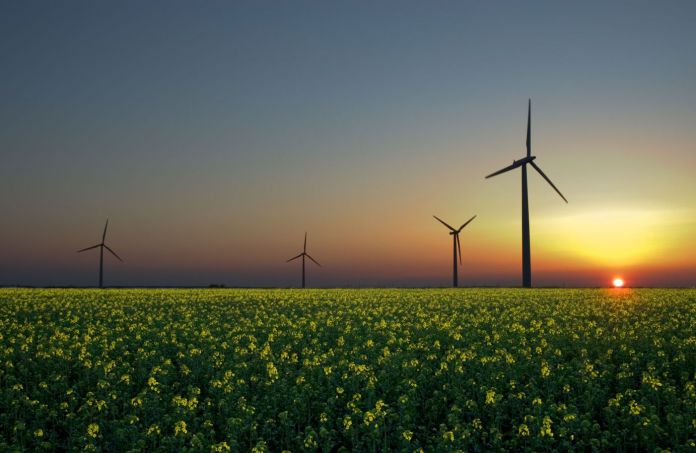On June 1, Trump announced the U.S. would pull out of the Paris climate agreement, angering countries and citizens alike. The withdrawal will happen in 2020 at the earliest, but states and companies have already begun to renew commitments.
Microsoft hasn't always been concerned about the climate, but that's changed in recent years. The Redmond giant set its first carbon emission target in 2009 and implemented a global carbon fee in 2012.
That fee allowed Microsoft to become carbon neutral, but its emissions are still high. The company has been transitioning to more renewable and energy efficient sources, and its now committed to the next big step.
Microsoft plans to reduce its carbon emissions by 75% by 2030, keeping in line with the Paris climate agreement.
“This puts Microsoft on a path, as a company, to meet the goals set in the Paris climate agreement, which is a level of decarbonization that many scientists believe is necessary to keep global temperature increase below 2 degrees Celsius. We estimate this will help avoid more than 10 million metric tons of carbon emissions by 2030,” said Brad Smith, Microsoft's president and chief legal officer.
Other Motives
Of course, there are other reasons than that staggering figure. Thankfully, Microsoft has been very upfront about them. One of its most profitable industires is the cloud, and it's looking for financial predictability as it expands.
The company is emphasizing that carbon-free energy is becoming a smart business decision as well as a smart climate one. By reducing carbon emissions, organizations often reduce their power bill long-term, leading to fewer overheads.
Despite this, Smith admits that his intent with this announcement is to spur further action.
“As a global company, the changes we make in how we operate our business and the goals we set have a worldwide impact,” he added. “It's our hope that this pledge inspires others to join us in setting targets, and provides confidence to governments, companies and individuals that it's possible for entities to help reach the goals set in the Paris climate agreement. By raising our ambitions and taking these actions, our goal is to help make the future more sustainable and beneficial to everyone.”






